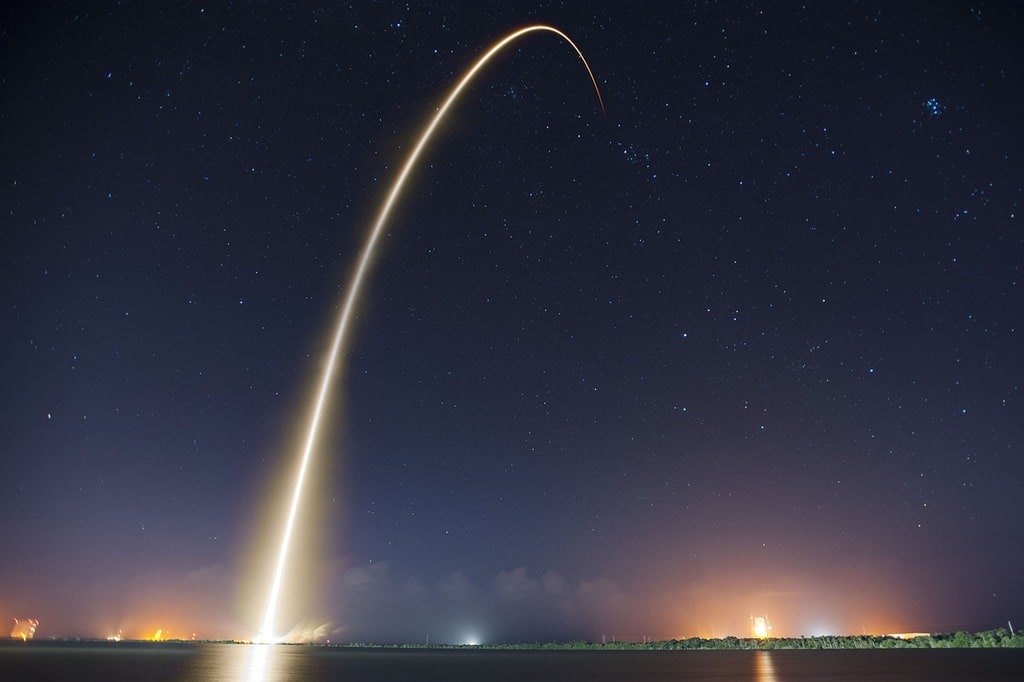Space exploration has always been a fascinating frontier, pushing the boundaries of human knowledge and technological prowess. Over the past few years, significant advancements have transformed our approach to exploring the cosmos, opening new possibilities and challenges for humanity. These developments have not only expanded our understanding of the universe but also promise to revolutionize various aspects of life on Earth.
Recent innovations in space exploration
The last decade has seen remarkable progress in space exploration technologies. Private companies, in particular, have played a pivotal role in advancing the field. SpaceX’s successful launches and landings of reusable rockets have drastically reduced the cost of space missions. This innovation allows more frequent and affordable access to space, paving the way for ambitious projects such as Mars colonization.
Additionally, NASA’s Artemis program aims to return humans to the Moon by 2024, with a focus on establishing a sustainable presence. This initiative not only seeks to explore the lunar surface but also to develop the technologies needed for human missions to Mars. The goal of creating a lunar gateway as a staging point for deeper space exploration is a key component of this strategy.
Robotic missions and their impact
Robotic missions continue to play a crucial role in space exploration. The Mars Perseverance rover, which landed in February 2021, is tasked with searching for signs of ancient life and collecting samples for future return to Earth. Its onboard helicopter, Ingenuity, marked the first powered flight on another planet, demonstrating the potential for aerial exploration of Martian terrain.
Other robotic missions have also achieved significant milestones. The James Webb Space Telescope, set to launch soon, promises to revolutionize our understanding of the universe. Its advanced instruments will allow astronomers to peer into the atmospheres of exoplanets, seeking signs of habitability and studying the formation of stars and galaxies with unprecedented clarity.

International collaboration and the future of space stations
International collaboration remains a cornerstone of space exploration. The International Space Station (ISS) continues to be a hub for scientific research and technological innovation. Experiments conducted on the ISS contribute to advancements in medicine, materials science, and other fields that benefit life on Earth.
China has also made significant strides with its Tiangong space station. The first module was launched in April 2021, and the station is expected to be fully operational by 2022. This development marks a significant expansion of human presence in low Earth orbit and provides a platform for scientific research and international cooperation.
Emerging technologies and their potential
Emerging technologies are poised to revolutionize space exploration. Advancements in artificial intelligence and robotics enable more autonomous and efficient missions. AI-driven systems can analyze vast amounts of data quickly, helping scientists make real-time decisions during missions. Robotic explorers equipped with AI can navigate and perform complex tasks independently, reducing the need for direct human intervention.
In-space manufacturing is another promising technology. The ability to produce tools and components in space reduces the need for heavy payloads and allows for more flexible mission designs. 3D printing technology is already being tested on the ISS, and future advancements could support the construction of habitats and infrastructure on other celestial bodies.
Challenges and opportunities
Space exploration is not without its challenges. Radiation exposure, the psychological effects of long-duration missions, and the technical difficulties of landing on and launching from other planets are significant hurdles. However, these challenges also present opportunities for innovation and collaboration.
The rise of space tourism introduces new dynamics to the field. Companies like Blue Origin and Virgin Galactic are making space travel accessible to private individuals. This new market could drive technological advancements and generate public interest and investment in space exploration.
The road ahead
The future of space exploration is filled with exciting possibilities. As technologies continue to evolve, humanity stands on the brink of unprecedented discoveries and achievements. The synergy between public and private sectors, along with international collaboration, will be crucial in navigating this new era of exploration.
In summary, the latest advancements in space exploration signify a profound shift in our approach to understanding and exploring the cosmos. From reusable rockets to international space stations and emerging technologies, each development brings us closer to realizing the dream of venturing beyond our planet and unlocking the mysteries of the universe.
